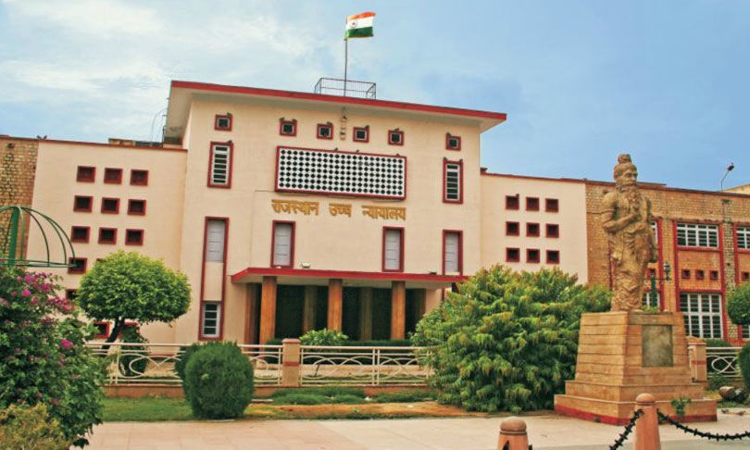Clarification Issued By CBDT Cannot Introduce A Cut Off Date For Its Applicability: Rajasthan High Court
Parina Katyal
25 Feb 2022 9:02 PM IST

Next Story
25 Feb 2022 9:02 PM IST
A Bench of Rajasthan High Court, consisting of Chief Justice Akil Kureshi and Justice Sudesh Bansal, held that since the primary intention of the Vivad Se Vishwas Act, 2020 was the resolution of disputed taxes, the courts must adopt an interpretation that furthers this intention and not restrict its scope. Also, the court ruled that a clarification issued by the Central Board of...
